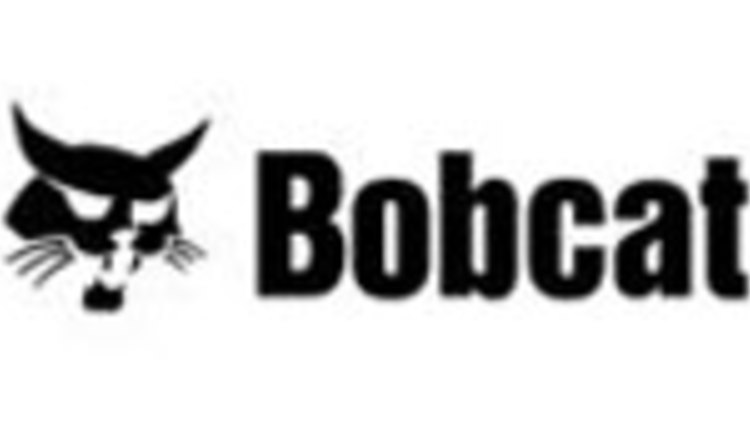The information below has been supplied by dairy marketers and other industry organizations. It has not been edited, verified or endorsed by Hoard’s Dairyman.

LANCASTER, Pa. [July 7, 2020] – Prebiotics. Probiotics. Essential oils. Organic acids. You’ve probably seen one or all of these ingredients on packaging at the grocery store or in a food advertisement. All four ingredients fall into a category called eubiotics and can be found in livestock feed, too.
“Eubiotics in human nutrition isn’t new – in fact, essential oils and herbs have been used in many cultures to support health and wellness for thousands of years,” says Dan Baum, president of DBC Ag Products. “We didn’t know the science behind eubiotics for best use in livestock until much later compared to human nutrition. But, now, we know there’s much to be gained.”
For more than 35 years, Baum helped bring eubiotics to the forefront of digestive health in livestock, particularly for young calves. His family’s century-old sweet bologna business used eubiotics to help create a shelf-stable fermented sausage, and learnings helped bridge the gap from human to livestock.

Learn the in’s and out’s of eubiotics:
What are eubiotics?
Eubiotics are a class of feed additives including prebiotics, probiotics, essential oils and organic acids. They help provide a healthy balance of microbiota in the animal’s gastrointestinal (GI) tract, supporting normal digestive health and a healthy immune system.
Eubiotics derives from the Greek term eubiosis, which translates to “healthy life” and is associated with bacterial homeostasis. Eubiotics can be helpful for animals of all life stages.
How do eubiotics work?
Traditional livestock eubiotics work as follows:
- Probiotics deliver viable microorganisms that help maintain a natural population balance of probiotic microorganisms in the GI tract to support normal digestive health.
- Prebiotics provide a food source for naturally occurring microorganisms in the gut to help maintain proper flora and support digestion.
- Organic acids help provide nutritional support for the mucosal lining of the digestive tract, which is key to a healthy, active microbiome in the GI tract.
- Essential oils offer flavoring for appetite, while supporting normal gut health and digestive function.
Combined, these eubiotics work synergistically to help maintain proper digestion, normal digestive health and support a functioning immune system. And, when paired with less traditional eubiotics, there’s even more to gain.
“Other less traditional feed ingredients, like egg proteins, specialized whey proteins, dried kelp, yucca schidigera and psyllium seed husk, have shown the ability to support a healthy gut through eubiosis,” says David Mathes, director of sales and marketing at DBC Ag Products. “When combined with traditional eubiotics, these ingredients help form a total package to help calves perform to their full potential.”
Individual calves may respond differently to specific ingredients. Applying a total package approach (using multiple types of eubiotics) can help ensure each calf gets what it needs.
When is the right time to use eubiotics?
The window to instill good health starts when a calf is born. Introducing eubiotics to calves early-on to help maintain normal GI health, is important to provide support for the developing immune system during the critical first few weeks of life. Approximately 70% of the immune system resides in or around the digestive tract. Maintaining normal digestive health at the beginning of a calf’s life is paramount to raising a fast-growing animal with a healthy, functioning immune system. “In the first few weeks of a calf’s life, the digestive system is still developing and transitioning from milk to grain,” says Mathes. “At the same time, the developing immune system is running off mom’s passive immunity as it transitions over to active immunity.”
How can I deliver eubiotics?
Eubiotics can be delivered via feed, liquid, drenches, boluses, gel or paste. For young, growing calves, a powder containing eubiotics can be mixed into milk, offering an easy delivery mechanism that requires no additional labor. A tube-based gel or paste is an additional option for a convenient, anytime, anywhere quick intake of eubiotics by calves.
“The delivery method is important, but even more important is maintaining a feeding regimen,” says Mathes. “A consistent, daily feed regimen during the first few weeks of life gives a calf’s developing digestive tract the support it needs, when it needs it most.”
Can eubiotics work alongside antibiotics?
Eubiotics have been used more widely in livestock rations, especially as the use of feed-grade antibiotics has dropped following the Veterinary Feed Directive.
“Antibiotics have their place when calves get sick,” says Mathes. “We’re seeing more prudent use of antibiotics today. Maintaining normal, healthy calves plays a role in that equation, and eubiotics can be an integral part of a successful calf health protocol.”
“Selecting a broad-based package of eubiotics, put together in the right combination, can support dairy farmers in raising healthy, fast-growing calves,” says Mathes.
Discover more information about eubiotics at dbcagproducts.com.
DBC Ag Products (dbcagproducts.com) specializes in innovative biotechnology solutions that utilize practical research and proven technology to meet agribusiness needs using applied microbiology, enzymology and immunology. DBC offers a broad range of biotechnology-based animal health products for many different species. Products are designed to help maintain a normal digestive system and support a functioning immune system in young animals, including calves, lambs, goat kids, horses, dogs and poultry.





